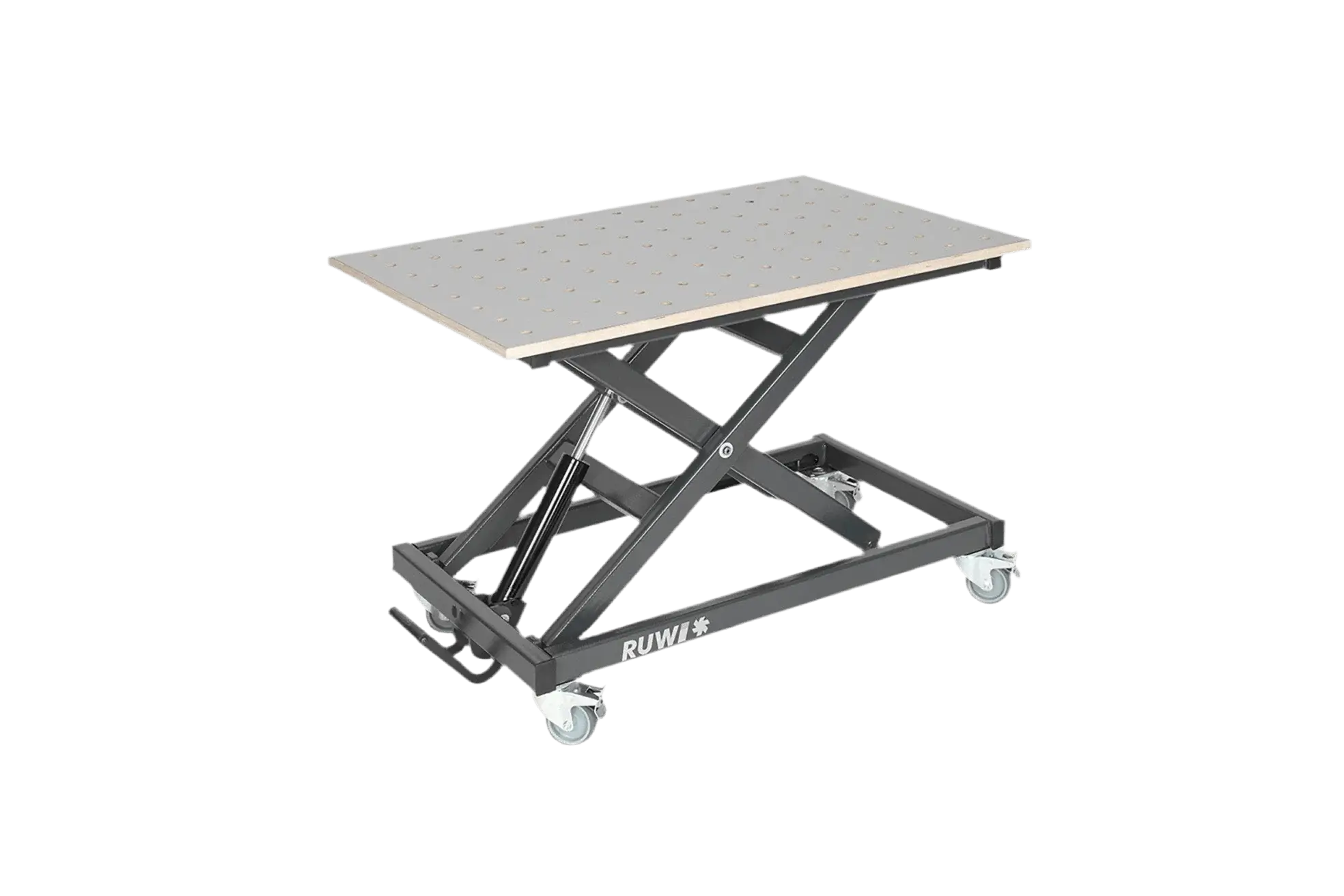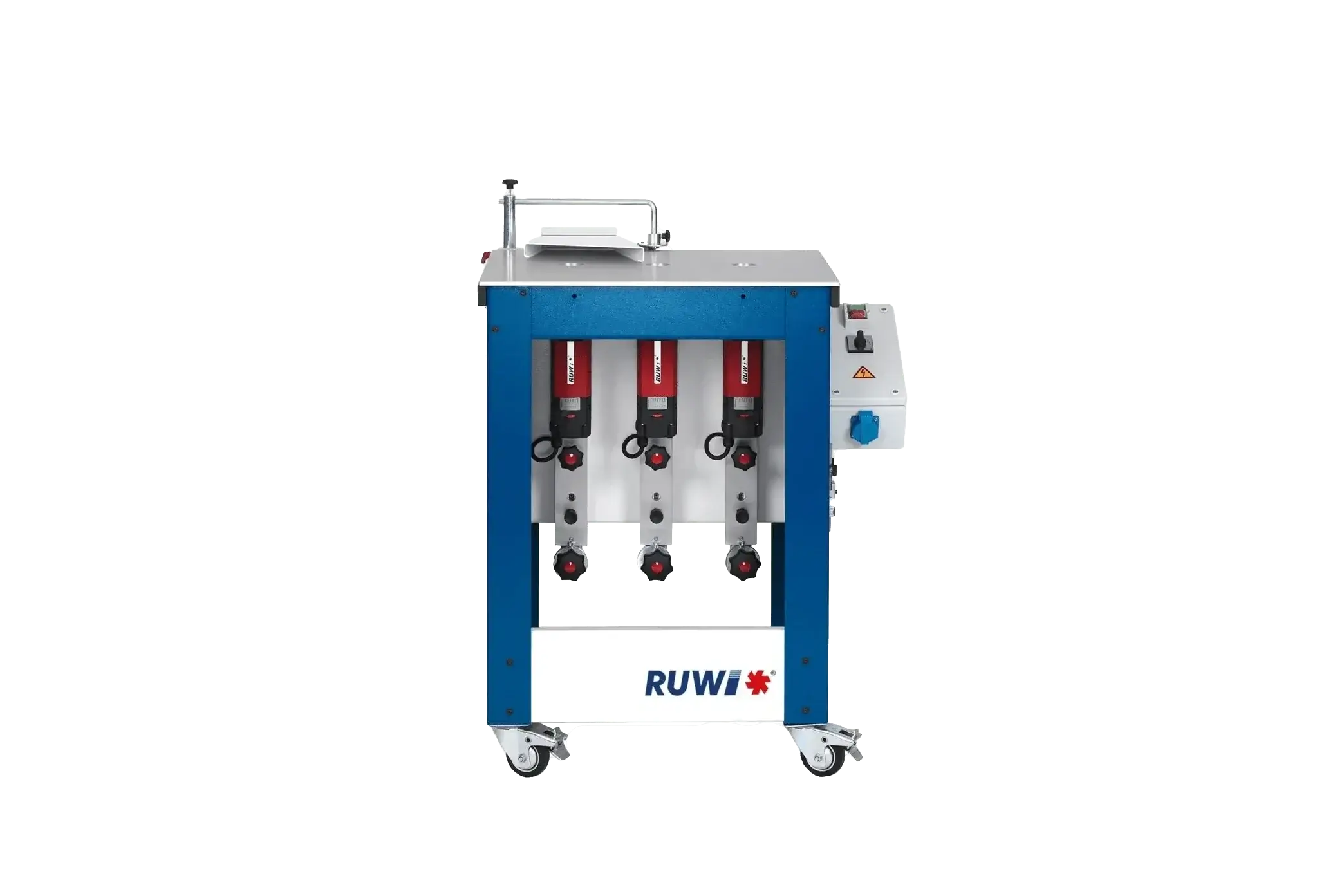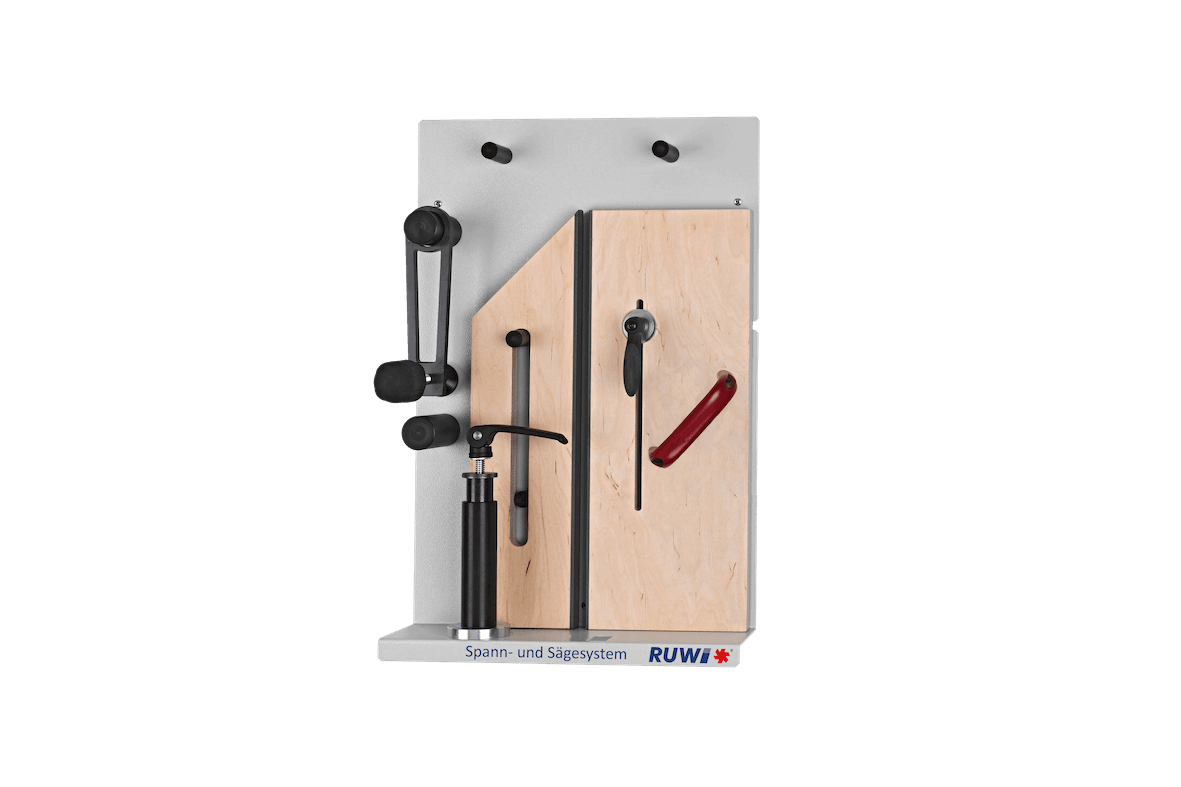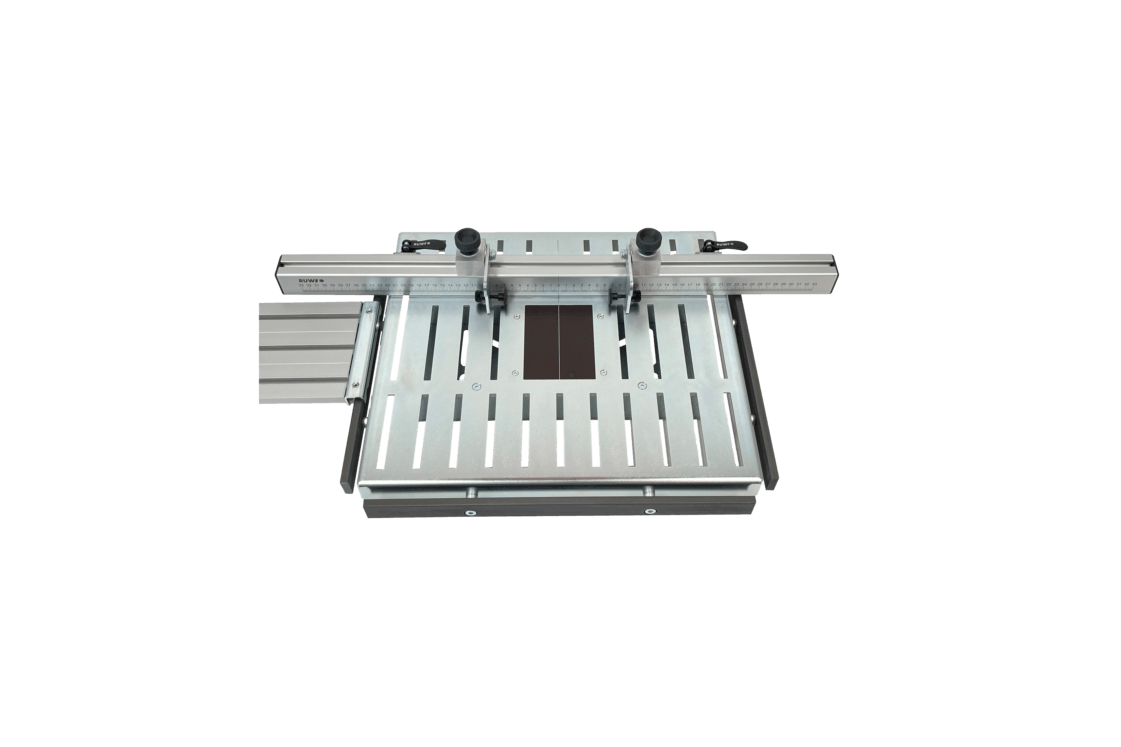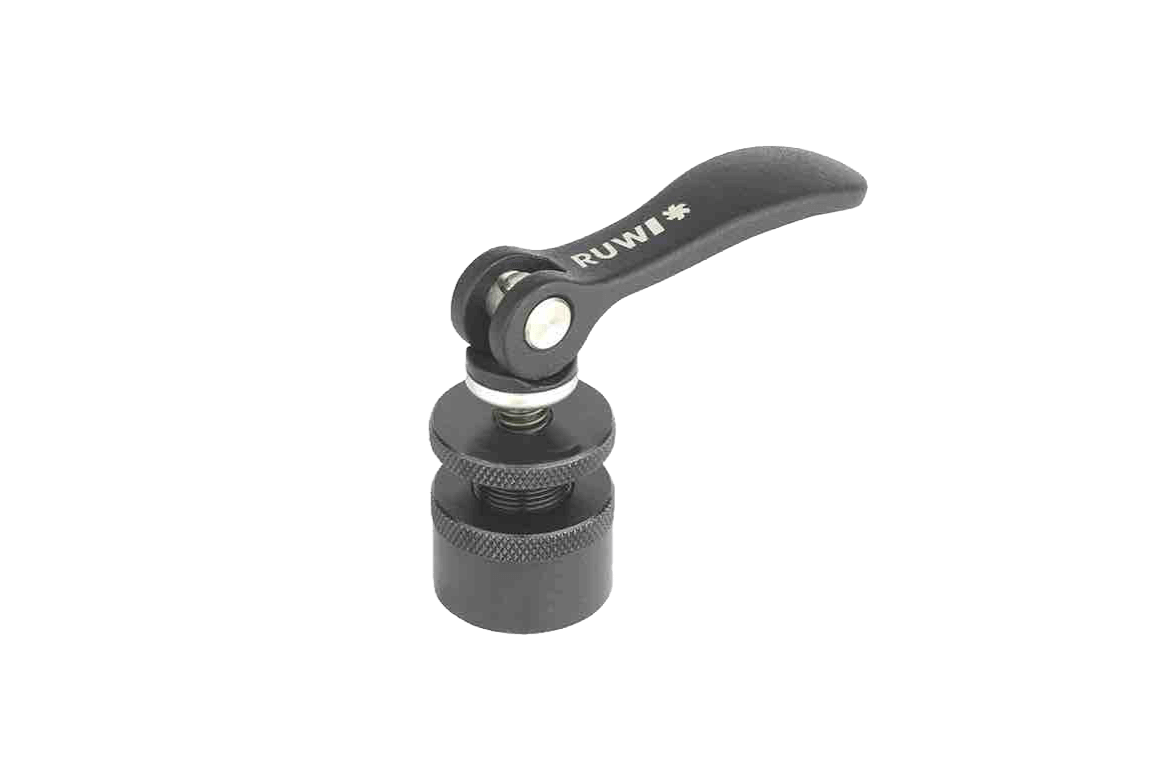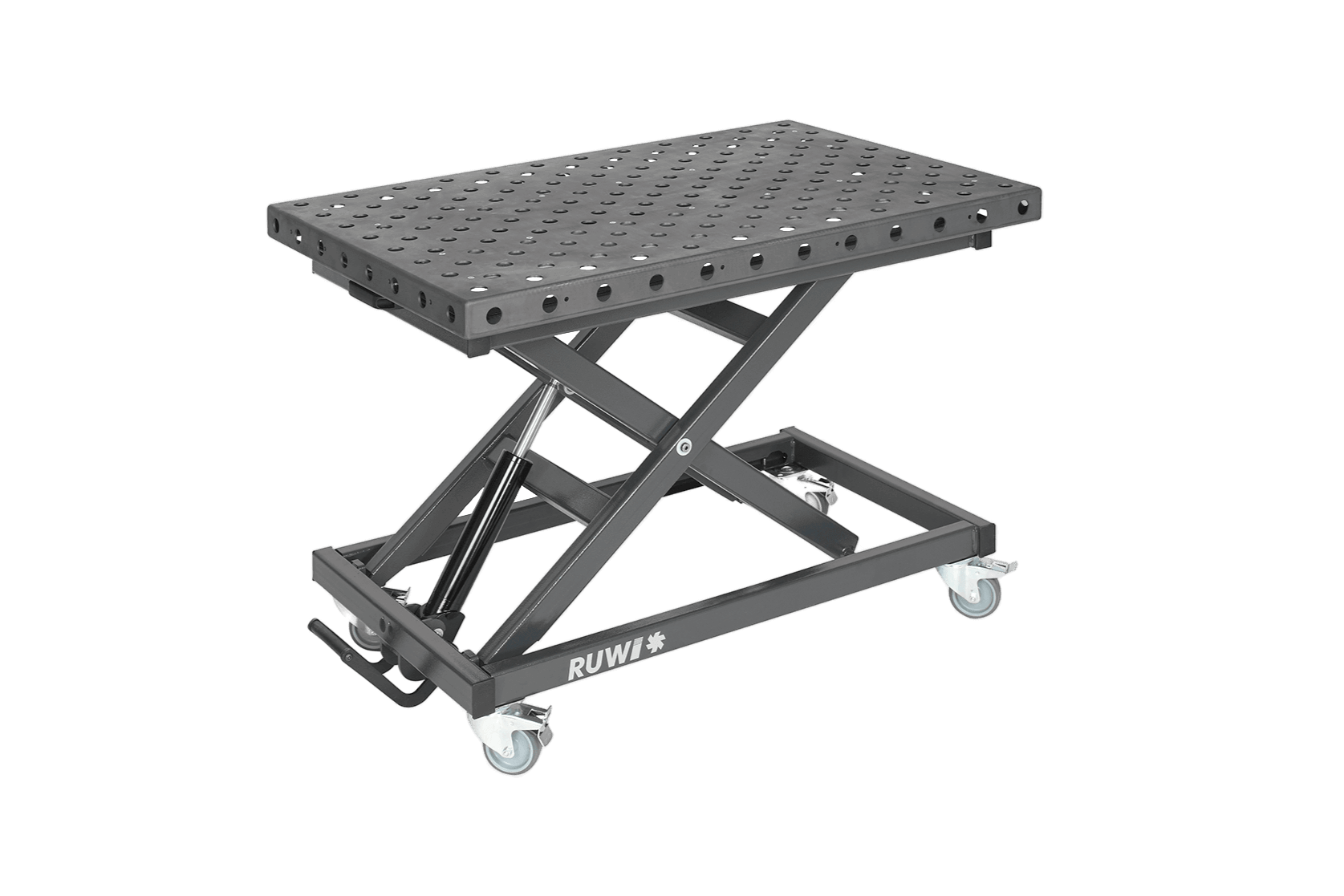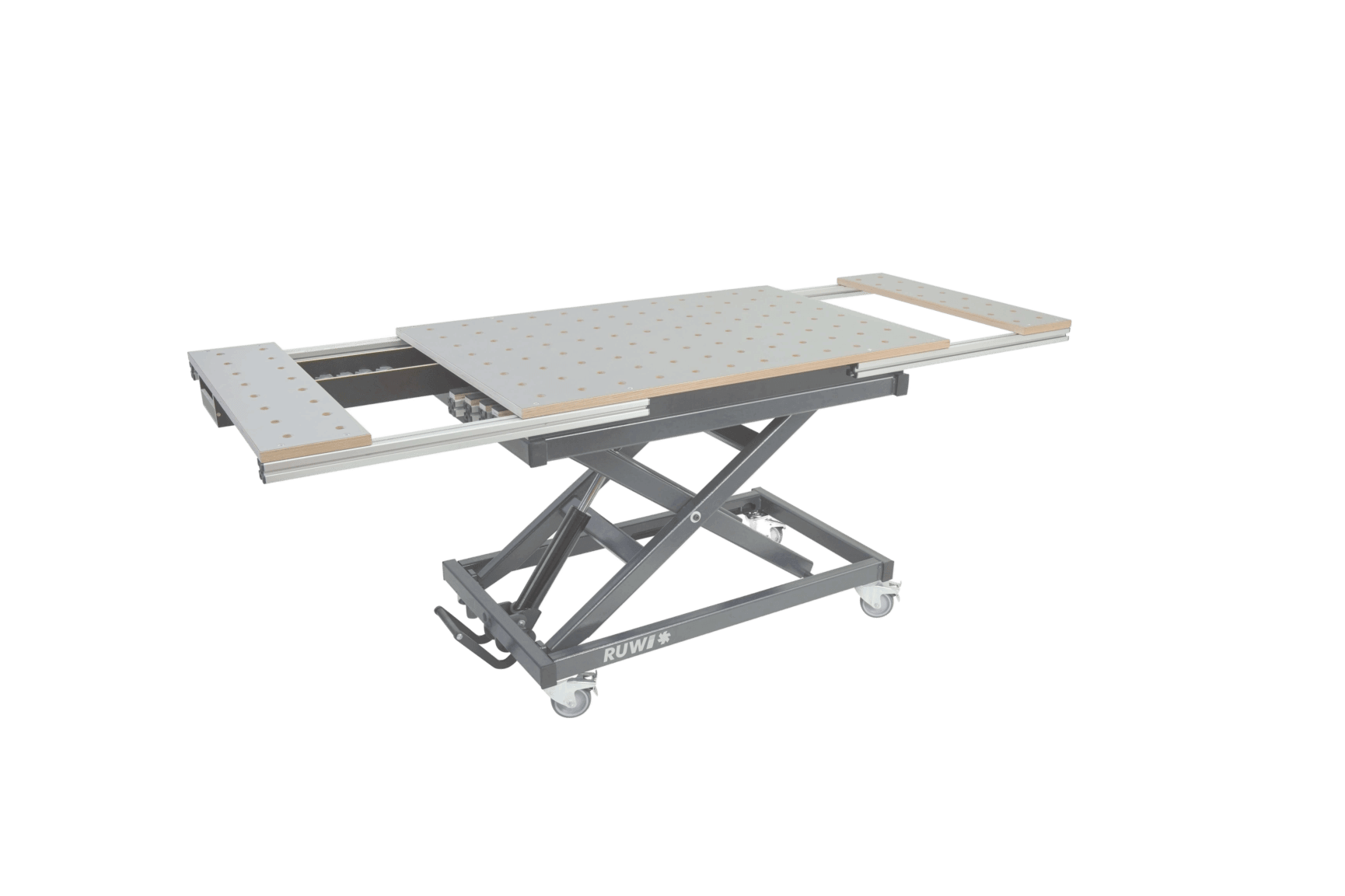Our principles
We are not looking for trends. We are looking for principles that will carry you forward and give you the power to innovate.
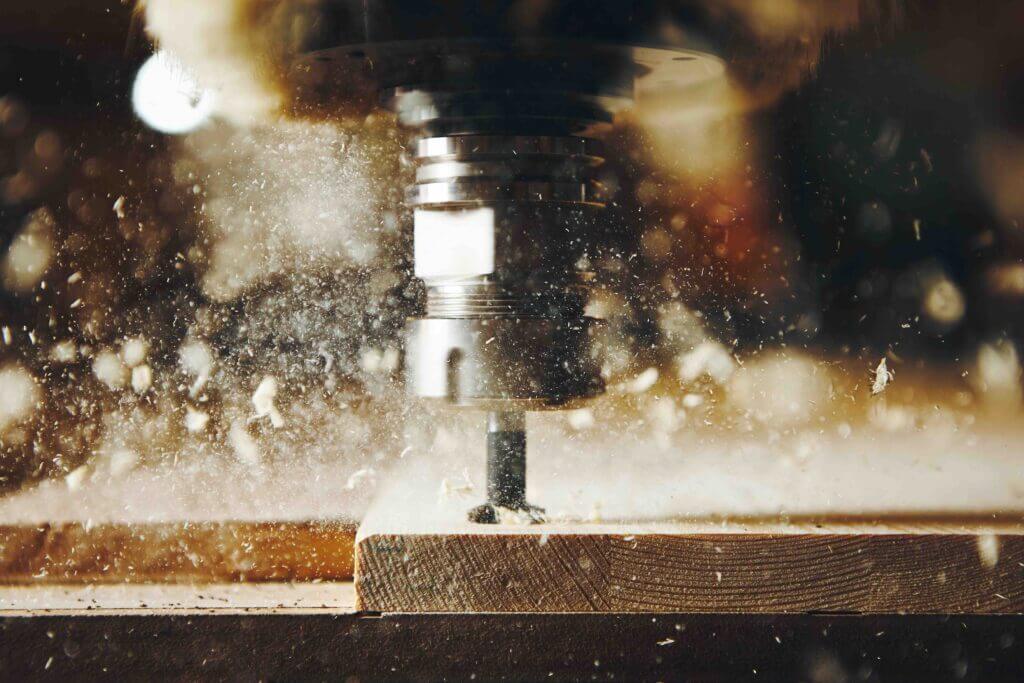
Goal
Innovative power
Innovative power
We come across the term innovation every day - it motivates us to think and act in a forward-looking way. But what does innovation really mean - and what power does it have for the future of the workshop? At its core, innovation describes a process of transformation or new creation. It is the power to spark something that changes or gives rise to something new. Even if innovation is often perceived as something modern or trendy, a look at German workshop history shows that this is precisely where innovation originated.
For generations, amazing ideas and solutions have emerged from workshops - driven by creativity, inventiveness and the will to tinker. Even back then, the skilled trades recognized the potential of workshops and the skilled trades themselves. Masterpieces were created from simple raw materials, and existing solutions were improved and customized through constant tinkering. Craftspeople understood how to creatively transform existing materials and create something valuable from them. With the economic upturn, however, this skill increasingly faded into the background. Finished products replaced raw materials, standardized solutions replaced individual transformation processes - the innovative spirit of the workshop was curbed.
As the RUWI team, it is our heartfelt desire to remember this innovative strength and transformative capacity of the workshop that has grown over generations, to rekindle it - and to use it to shape the future. To this end, we have compiled principles from workshop stories and our own experience. So that your workshop can also regain its full innovative power.
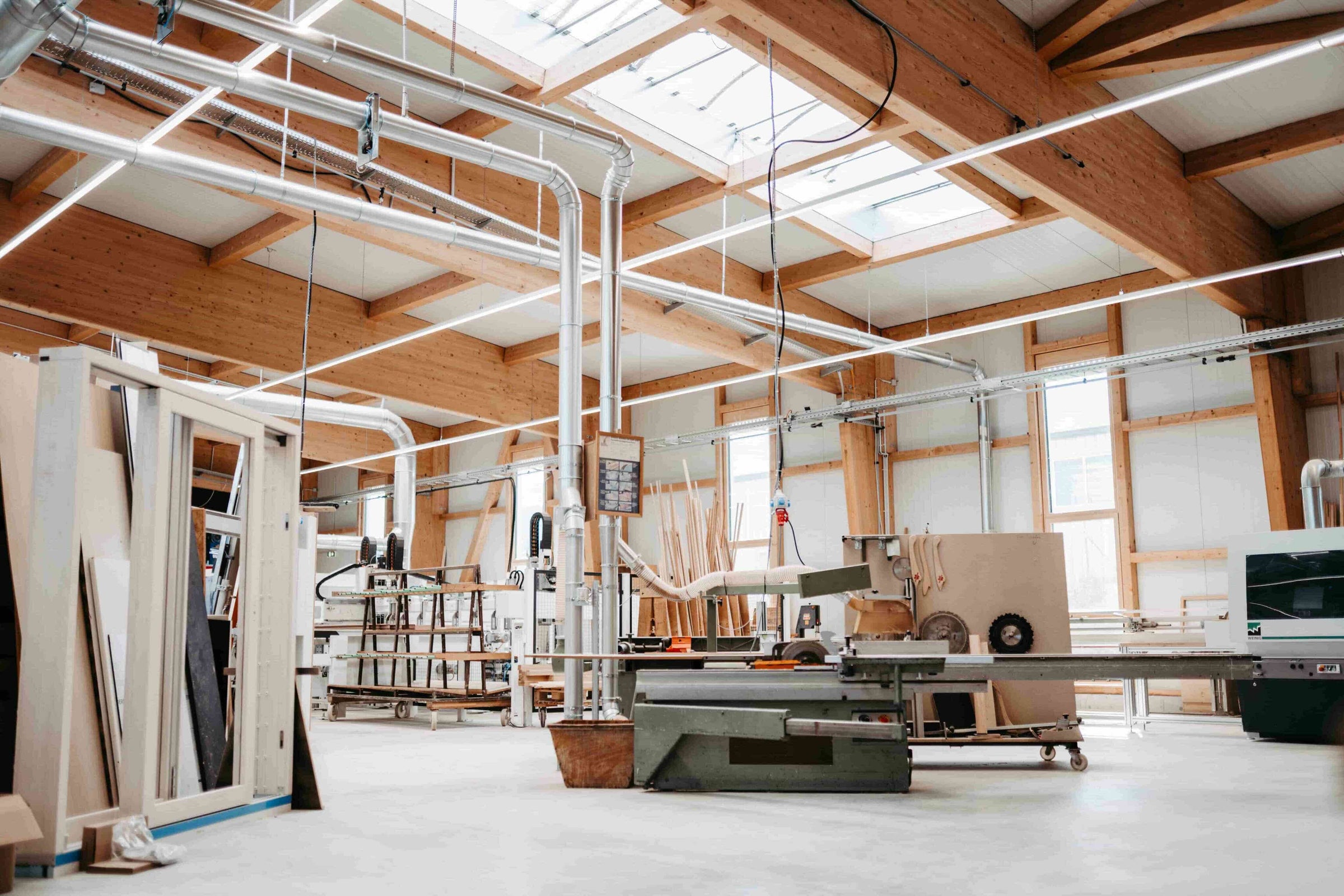
Principle
Craftsmanship
Craftsmanship
Craftsmanship creates innovation. For centuries, German workshops have been tinkering, developing and creating masterpieces. Everyday craftsmanship gives rise to something new: new products, new knowledge, new solutions, innovations and numerous patents. Machines and technologies have emerged - and continue to emerge - from artisan workshops, because this is where continuous development and experimentation takes place.
Be it in the production of tailor-made end products for customers or in the optimization of their own work processes - the skilled trades have immense innovative power. This innovative strength arises from practical experience, because this is precisely where the potential lies to initiate change and shape the future.
Over the years, today's society has increasingly degraded craftsmanship and underestimated its importance for the future. However, we do not allow ourselves to be influenced by these social trends and consciously hold on to craftsmanship. Precisely because we believe in our craft, we develop tools and machines that function mechanically and do not require any technological bells and whistles. We consciously focus on craftsmanship - because craftsmanship shapes the future.
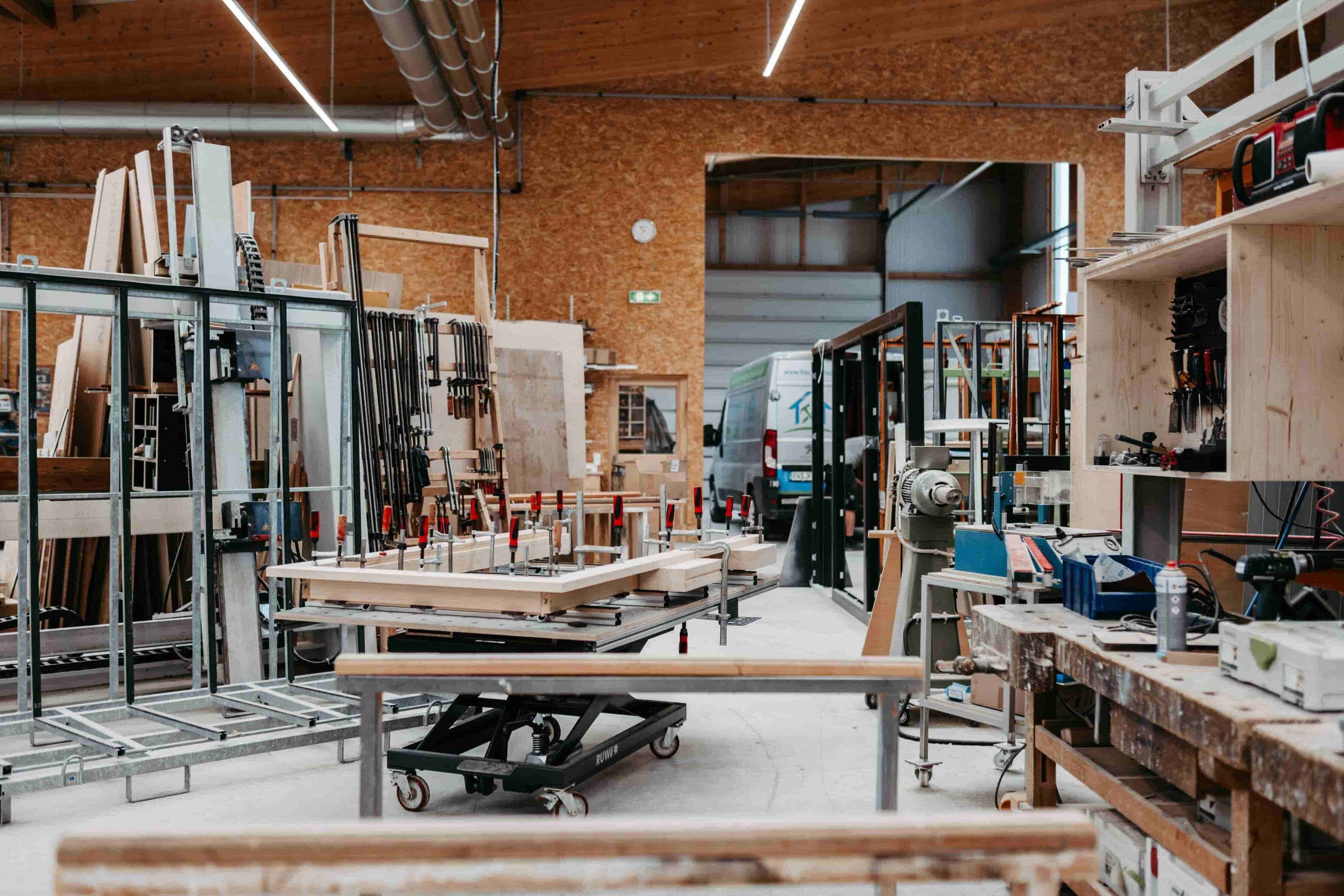
Principle
Development
Development
By development, we mean tinkering, Swabian inventiveness - a real think tank. It's about trying things out, testing, continuous development and finding solutions through this process. The solution is not the sole goal, but part of a process that above all develops the capacities of the craftsmen and women - and the entire workshop.
This gives rise to new approaches and connections, and breaks through familiar thought patterns. Something is not created at the touch of a button - instead, potential is released and constantly developed through tinkering.
This is exactly the approach we take at RUWI: trying, testing, developing and continuously improving. Not because we have to set ourselves targets, but because we have expanded our potential and skills over many years. With a lot of tinkering, perseverance - and many mistakes - development has come about: first in our heads, then in our workshop. And our products? That is the tangible result of this journey.
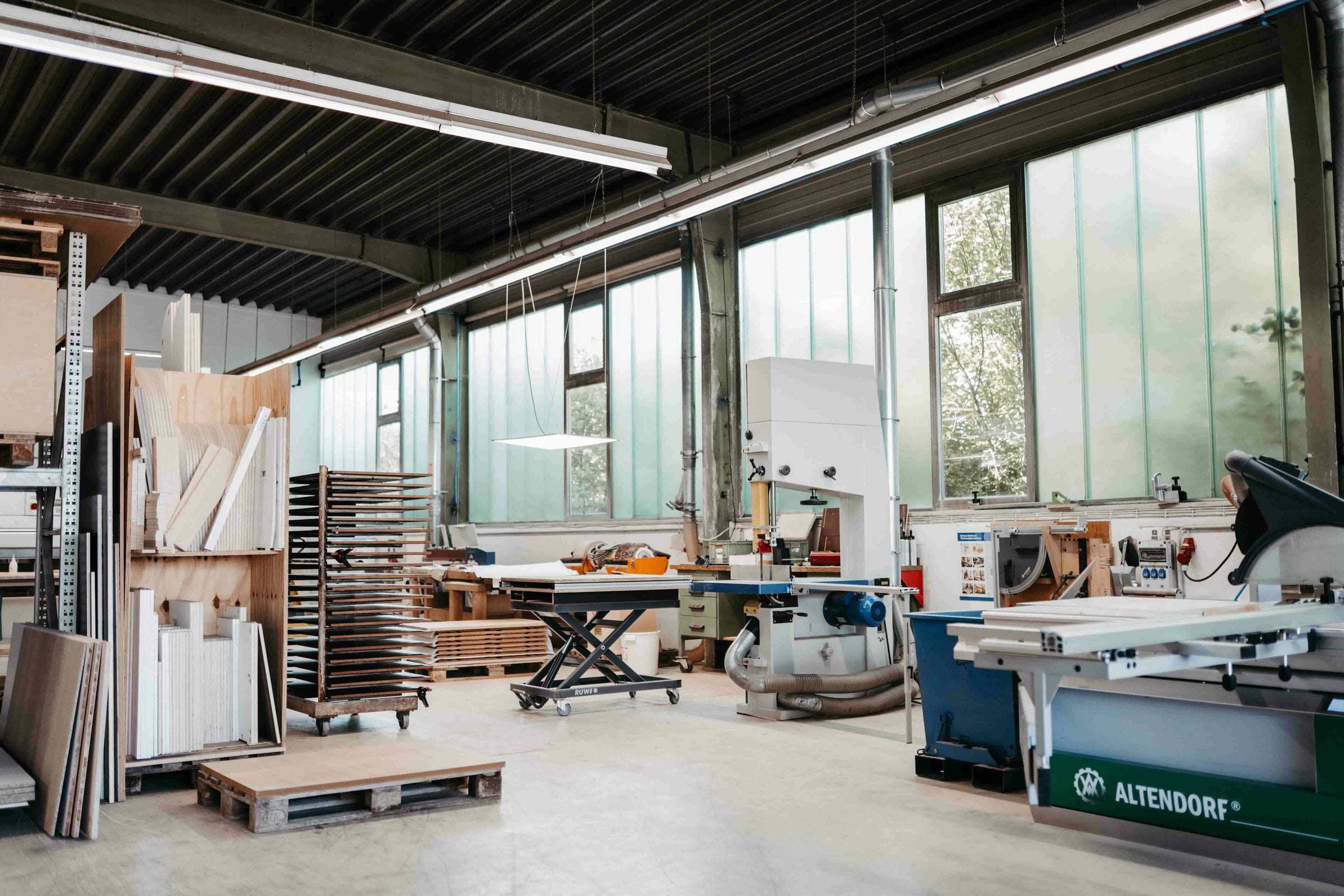
Principle
Complete works
Complete works
To get into development and tinkering, you need a holistic view. You have to see the workshop as a whole and not break it down into its most profitable parts. A workshop is more than just its individual parts or tools. It's a unique and complex interplay. It's not perfect processes or individual tools and machines that make the workshop strong for the future, but the interplay between people and machines, old and new, speed and time-consuming craftsmanship, and so on.
The perspective of viewing the workshop as a whole and uniting its interfaces is where innovative strength lies. This is because the fundamental and tangible aspects of the workshop must be viewed as a whole. Looking at the whole picture reveals your individual potential and resources. This is where opportunities to develop and be forward-thinking arise. After all, there is no such thing as the perfect workshop as a whole, but rather an infinite number of variations.
For 25 years, we have been looking at our workshop as a whole and discovering every day anew what interfaces we have, what makes us unique, and how our workshop can reach its full potential. This view is the basis for our developments: the workshop as a whole. Our products fit together, are compatible, and can be used in a variety of ways. This strengthens the entire workshop and allows it to reach its full potential.
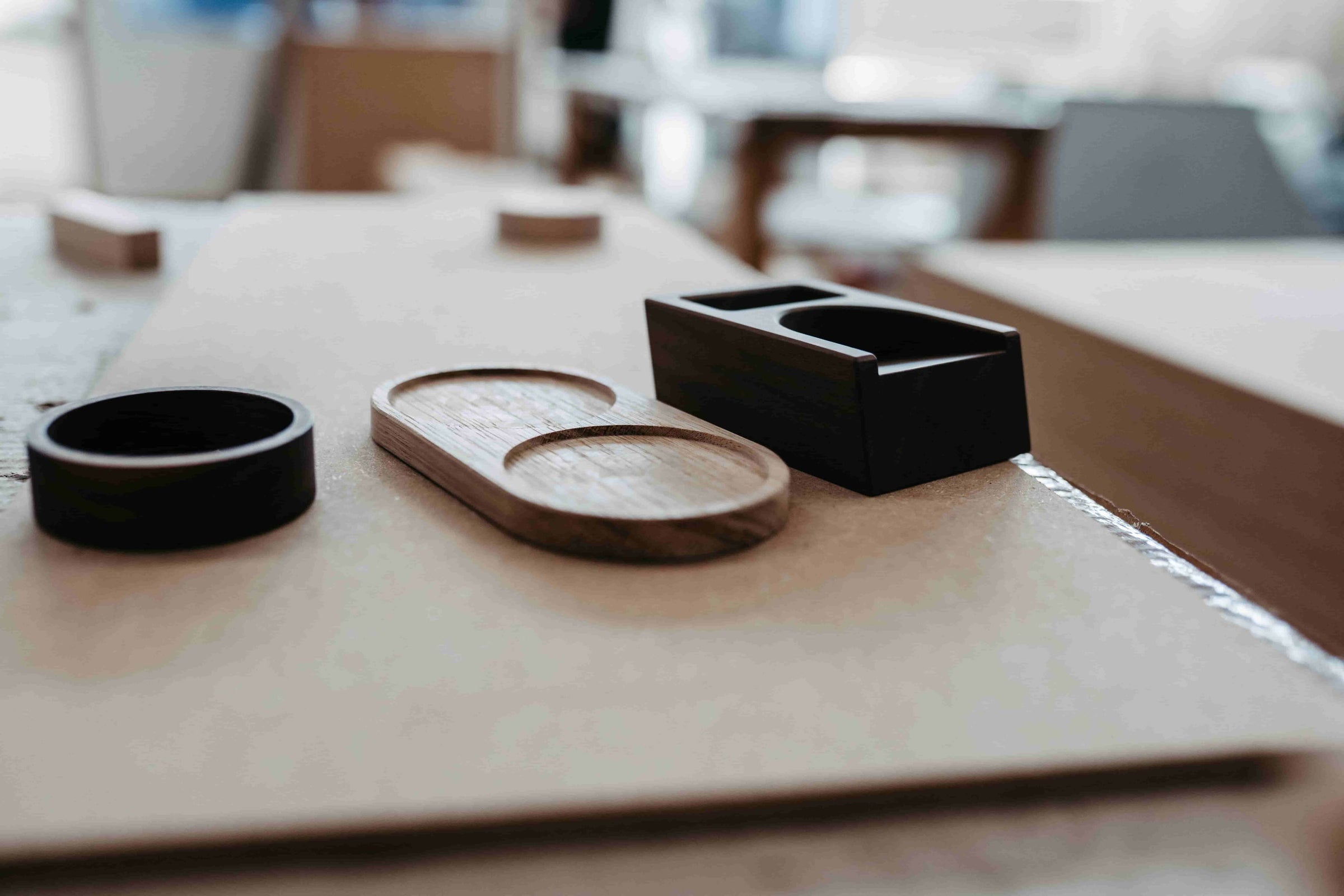
Principle
Conversion
Conversion
The core of every workshop is transformation - from raw material to product, from material to finished result. This principle applies not only to materials, but to the entire workshop. What resources and materials are available - and how can they be transformed? Before you can think about this, you first need to see what is hidden in your own workshop: Potential, raw materials, possibilities. After all, workshops and craftspeople often have far more resources and skills at their disposal than is apparent at first glance.
All too often, the focus is on prefabricated products and standardized solutions - and the ability to transform is lost in the process. What is needed is an open perspective on what is already available: potential, materials and creative freedom. Because your workshop can do more. Have the courage to walk through your workshop with open and interested eyes - to recognize and use existing resources and transform them into something new. Create something great from what already exists.
Our day-to-day work at RUWI is characterized by precisely this approach: We focus on what is already there - be it materials, ideas or potential. We do not wait for something that is supposedly missing, but use what is available - and transform it into new ideas, solutions, work steps or development within ourselves.
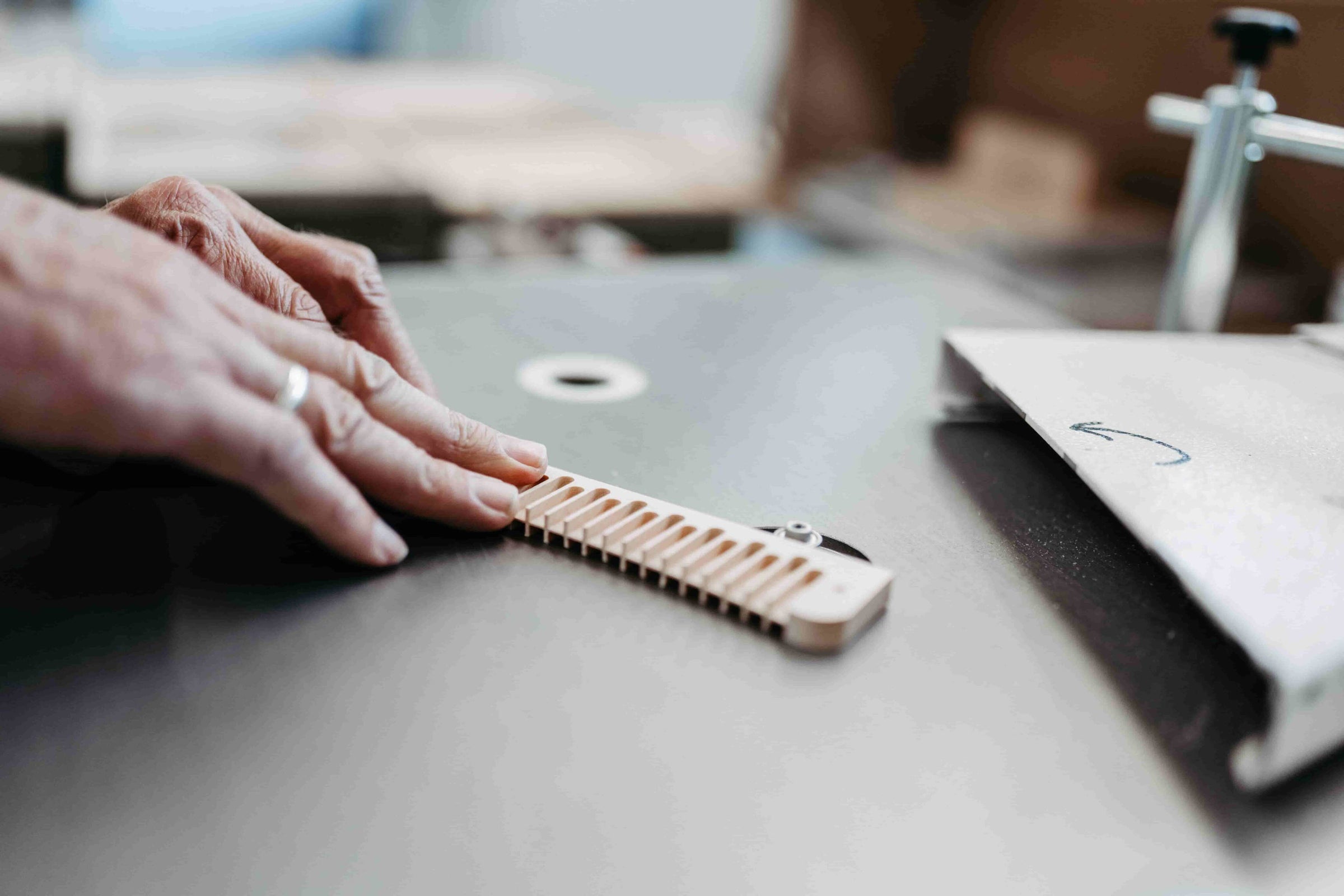
Principle
Development process
Development process
How a workshop finds its innovative strength and ability to transform - and what it actually produces - is individual and unique. There is no single path or fixed development process. The development path of each workshop and its players is as diverse as the people who shape it. This process requires courage, perseverance, a forward-looking approach and the willingness to experiment and take risks. It is not a linear, plannable process - rather, it is an open, hopeful attitude, creativity, tinkering and trial and error that lead to inner strength.
Innovative strength in and through the craft arises when you - together with your workshop - are prepared to go your own way. When you accept the available raw materials and resources and develop the ability to transform them. Don't wait for the one perfect machine, the ideal tool or a consultant with ready-made solutions - start with what's there. You will be amazed at what can develop over time.
We at RUWI are also constantly surprised at how our innovative strength has unfolded - and continues to unfold. It was not a pre-defined process or a fixed goal that we pursued. It emerged - from what we lived, decided and transformed. We worked with what was there, accepted what was given and created something new from it. In the process, we not only developed our workshop, but also ourselves - and found our drive. We are still in the middle of the development process. And we look forward to continuing to make the best of what we have in the future. Not through perfection or rigid structures, but through living things.


